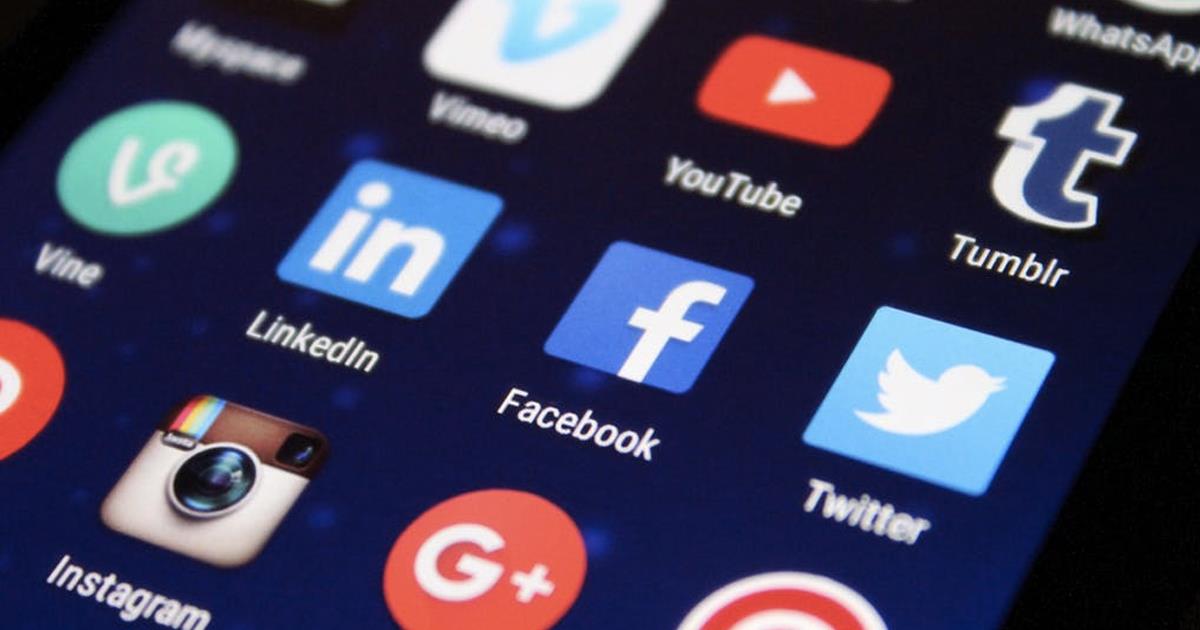Five key media tech trends from January

1. Regulation, regulation, regulation
The calls for greater social media regulation grew louder in January, as Sir Nick Clegg gave his first public interview since joining Facebook. The former UK Deputy Prime Minister, now vice-president for Global Affairs and Communications for the social media giant, spoke to the BBC’s media editor following the death of 14 year old British schoolgirl, Molly Russell, who tragically took her own life after being exposed to self-harm and suicide content on Instagram.
“I think there is actually a case,” Clegg told the BBC for greater, for greater regulation of social media. “Clearly governments, and particularly democratically elected governments as in Britain and elsewhere, have a real role in setting the rules and the boundaries for the internet.” The former Liberal Democrat Leader also said that greater attention needed to be paid in insuring that internationally-reaching companies pay a fair amount of tax in the territories they are operating in.
2. Apple blocks Facebook
One company that seems to be taking the regulation of Facebook into its own hands is Apple, as TechCrunch broke the news of a media-storm brewing towards the end of the month. Facebook has reportedly been paying competitors to install an app-configured “Facebook Research” VPN that allows the company to see consumer behaviour and competitor trends.
Seven hours after the TechCrunch story was published, Facebook told the publication that it would be shutting down the iOS version of its Research app in the wake of that report. But that proved to be too little too late as soon-afterwards an Apple spokesperson confirmed that Facebook had violated its policies, and it had blocked the app. TechCrunch highlights the severity of this incident within the context of the increasingly frosty relations between the two tech giants: “Apple’s Tim Cook has repeatedly criticized Facebook’s data collection practices. Facebook disobeying iOS policies to slurp up more information could become a new talking point.”
3. Bloomberg announces record revenues
Bloomberg Media Group hit record revenues in 2018, with 16 per cent year-over-year growth. The company achieved this historical high while launching new initiatives and innovating across core businesses. In 2018, digital advertising revenue grew 15 per cent, with new digital format advertising up 44 per cent. Bloomberg Live, another growth driver, jumped 82 per cent last year.
Justin B. Smith, Bloomberg CEO, sent an internal memo to staff praising their achievements in 2018 and targeting further double-digit growth during the year ahead.
“2018 was a challenging year for the news media,” Smith told staff in a company-wide internal communication. “While competitors pivoted… Bloomberg Media invented our way forward by trying new things. This type of risk-taking is the essence of Bloomberg LP’s company culture of action and entrepreneurialism. Our priority for 2019 is to double-down on our strategy of innovation-based growth. We’ll aggressively expand our four new businesses and integrate them more deeply across our existing suite of products, platforms, services and teams. We are again projecting double digit year-over-year growth in 2019 and Q1 is already looking strong.”
For the full story click here.
4. Gillette – is this the best a man can get?
If the Apple-Facebook controversy represents a new age of media-storm, then we were also treated in January to a more traditional one. Razor company Gillette launched a new 48 second television advertising spot ahead of the Super Bowl, focussed around the #metoo movement and calling out toxic masculinity. The company’s famous tagline was tweaked to read: Gillette – is this the best a man can get? And asked men to think about their own behaviour and how this feeds into the wider treatment of women in society. Reactions were reported by CNN to be ‘mixed’ and ‘extreme’, ranging from everything from support, to condemnation from more traditional masculine voices.
Inevitably, the conversation surrounding the commercial also spilled over into media circles, as critics argued over whether it was right for a brand to leverage such a serious social cause in this way. For Pankaj Bhalla, Gillette’s North America brand director, such levels of engagement had been forseen: “We expected debate. Actually a discussion is necessary. If we don’t discuss and don’t talk about it, I don’t think real change will happen.”
5. Social media influencers reined-in
In the UK, sixteen celebrities have agreed to show greater transparency on social media, by making it explicitly clear when they are posting sponsored content. Artists like Rita Ora and Ellie Goulding have told the government that they will now clearly state if they have been paid – or received gifts – to endorse goods on social media posts. It comes after an investigation from the Competition and Markets Authority (CMA) amid concerns about consumer protection laws and fans mistaking certain posts for the stars’ personal views. The Evening Standard reports the full story here.
More like this
FIPP CEO James Hewes on what will (likely) be happening in media in 2019
Chart of the week: News industry pivots to subscriptions for 2019
FIPP members give their insights into the key media tech trends for 2019




![[Final hours] Save up to €800 – Super Early Bird ends tonight](https://www.fipp.com/wp-content/uploads/2025/03/Article-header-6-1-800x760.png)



